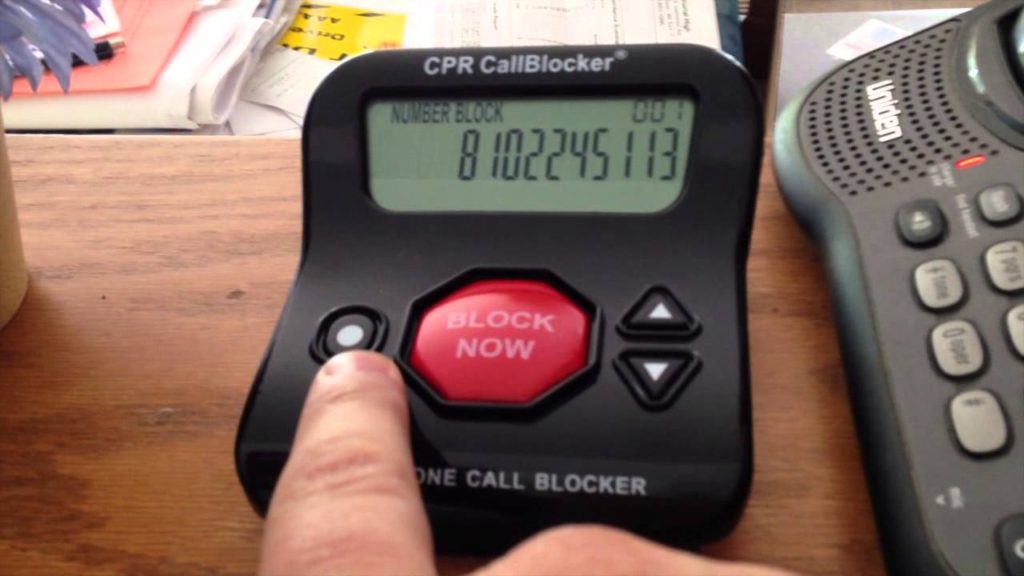
fciwomenswrestling.com femcompetitor.com, fcielitecompetitor.com, fciwomenswrestling2.com, grapplingstars.com, pexels.com-mentatdgt-photo-credit
February 4, 2020,
At 7:30 am in the morning, who in the world is calling me?
Have you ever wondered about that one?
When it first happened to someone in our circle, she thought it was an emergency call from family or a close friend and immediately got out of bed to answer it. Not only was it not an emergency, there wasn’t a human on the other end of it.
It was another of those annoying robocalls.
What she didn’t realize was that just because she lived on the West Coast, in another time zone it was 10:30 am.
Either way, she just wished those irritating automated sales calls would stop.
Typically a robocall is a phone call that uses a computerized autodialer to deliver a pre-recorded message, as if from a robot.
Robocalls are often associated with political and telemarketing phone campaigns, but can also be used for public-service or emergency announcements. Some robocalls use personalized audio messages to simulate an actual personal phone call.
In 2019 the United States Congress passed legislation expanding the regulation of robocalls.
It is called the TRACED Act.

As reported by consumerreports.org on December 31, 2019, “The legislation requires telecom carriers to implement, at no extra charge, a number-authentication system to help consumers identify who’s calling. It also increases penalties for robocallers who flout the law. However, it didn’t clarify what constitutes consumer consent to receive the calls.”
As of November 2019, United States phone users had received just under 54 billion robocalls, surpassing the 48 billion that were received in all of 2018, according to YouMail, a private robocall blocking service.
The global news source abcnews.go.com adds, “The Telephone Robocall Abuse Criminal Enforcement and Deterrence Act, or TRACED Act, increases fines on spam robocallers from $1,500 to as much as $10,000 per illegal call. It also requires phone companies speed up their adaptation of “call authentication technologies” to verify that incoming calls are legitimate before ever reaching consumers.”
Government agencies continue to monitor and use their muscle to help reduce the problem.
The FCC reassures, “Unwanted calls – including illegal and spoofed robocalls – are the FCC’s top consumer complaint and our top consumer protection priority. The FCC is committed to doing what we can to protect you from these unwelcome situations and is cracking down on illegal calls in a variety of ways”:
- Issuing hundreds of millions of dollars in enforcement actions against illegal robocallers.
- Empowering phone companies to block by default illegal or unwanted calls based on reasonable call analytics before the calls reach consumers.
- Allowing consumer options on tools to block calls from any number that doesn’t appear on a customer’s contact list or other “white list.”
- Urging phone companies to implement caller ID authentication to help reduce illegal spoofing.
- Making consumer complaint data available to enable better call blocking and labeling solutions.
Private communication companies are joining the fight as well.
Sprint and Comcast Start Rollout of Anti-Robocall Technology

Companies Successfully Using STIR/SHAKEN to Authenticate Customer Calls
OVERLAND PARK, Kan. and PHILADELPHIA, Feb. 4, 2020 /PRNewswire/ — Sprint (NYSE: S) and Comcast (NASDAQ: CMCSA) announced today the two companies are now utilizing call authentication technology that helps further protect customers from unwanted robocalls between Sprint mobile customers and Comcast’s Xfinity Voice landline phone customers.
Secure Telephone Identity Revisited (STIR) and Signature-based Handling of Asserted Information Using toKENs (SHAKEN) is a protocol that authenticates calls between networks. The technology enables voice providers to “sign” and “verify” caller ID information, thus preventing bad actors from manipulating or “spoofing” caller ID information in an effort to deceive and defraud consumers.
“This is a major milestone in the fight to help our customers protect themselves from unwanted robocalls that have become such a plague for the industry,” said Dr. John Saw, Sprint CTO. “Our engineers have worked diligently with the teams at Comcast to bring this to fruition, and with work already underway with additional providers, we look forward to rolling out STIR/SHAKEN jointly across other networks as soon as possible.”
“We’ve made great progress with our industry peers, like Sprint, in developing ways to thwart nuisance calls, and we will continue to work relentlessly to stop them from reaching our customers,” said Tony Werner, president of Technology, Product and Xperience for Comcast. “Every STIR/SHAKEN implementation between providers, or bi-partisan action to pass landmark legislation like the TRACED Act, is another step forward in protecting consumers.”
Following successful lab-to-lab tests last year, initial two-way authentication for calls began with a subset of customers in December 2019 and will roll out to all customers nationwide in the coming months.
Sprint also recently announced it is collaborating with T-Mobile to deliver STIR/SHAKEN call verification to customers. These rollouts supplement two additional STIR/SHAKEN authentication supplements two previously announced solutions for Sprint customers who are tired of bothersome robocalls, unwanted telemarketers, and annoying scams. Sprint Call Screener Basic is a free service that identifies unwanted malicious calls and permits users to block them. Sprint also offers a more feature-rich Sprint Call Screener Plus service for just $2.99 per month, per line. In addition to the services provided by the free service, Sprint Call Screen Plus also displays a texter’s name or a caller’s name, city and state, even those not listed in contacts; identifies, blocks, and reports calls that are lower-risk, but still a nuisance; categorizes incoming calls as spam, robocalls or fraud calls; reports an individual phone number as spam; and keeps history of blocked and risky numbers.
Comcast is a leader in the industry-wide effort to combat fraudulent calls. In addition to the collaboration with Sprint, the company recently completed the first international authenticated STIR/SHAKEN call between Xfinity Voice residential phone service and Canadian mobile provider, Telus Wireless. Comcast has also worked with major U.S. providers to conduct the first call between two landline voice networks, and the first end-to-end call across three networks, using the STIR/SHAKEN protocol. Additionally, Xfinity Mobile customers now can download the Hiya app for free to begin receiving alerts about potential spam calls and block them.

About Sprint
Sprint (NYSE: S) is a communications services company that creates more and better ways to connect its customers to the things they care about most. Sprint served 54.2 December 31, 2019 and is widely recognized for developing, engineering and deploying innovative technologies, including the first wireless 4G service from a national carrier in the United States; leading no-contract brands including Virgin Mobile USA, Boost Mobile, and Assurance Wireless; instant national and international push-to-talk capabilities; and a global Tier 1 Internet backbone. Today, Sprint’s legacy of innovation and service continues with an increased investment to dramatically improve coverage, reliability, and speed across its nationwide network and commitment to launching a 5G mobile network in the U.S. You can learn more and visit Sprint at www.sprint.com or www.facebook.com/sprint and www.twitter.com/sprint.
About Comcast
Comcast Corporation (Nasdaq: CMCSA) is a global media and technology company with three primary businesses: Comcast Cable, NBCUniversal, and Sky. Comcast Cable is one of the United States’ largest high-speed internet, video, and phone providers to residential customers under the Xfinity brand, and also provides these services to businesses. It also provides wireless and security and automation services to residential customers under the Xfinity brand. NBCUniversal is global and operates news, entertainment and sports cable networks, the NBC and Telemundo broadcast networks, television production operations, television station groups, Universal Pictures, and Universal Parks and Resorts. Sky is one of Europe’s leading media and entertainment companies, connecting customers to a broad range of video content through its pay television services. It also provides communications services, including residential high-speed internet, phone, and wireless services. Sky operates the Sky News broadcast network and sports and entertainment networks, produces original content, and has exclusive content rights. Visit www.comcastcorporation.com for more information.
SOURCE Sprint
OPENING PHOTO – fciwomenswrestling.com femcompetitor.com, fcielitecompetitor.com, fciwomenswrestling2.com, grapplingstars.com, pexels.com-mentatdgt-photo-credit
Related Links
https://en.wikipedia.org/wiki/Robocall
https://www.consumerreports.org/robocalls/how-traced-act-robocall-law-will-protect-consumers/
https://abcnews.go.com/Politics/law-robocalls/story?id=68008423
https://www.fcc.gov/consumers/guides/stop-unwanted-robocalls-and-texts



